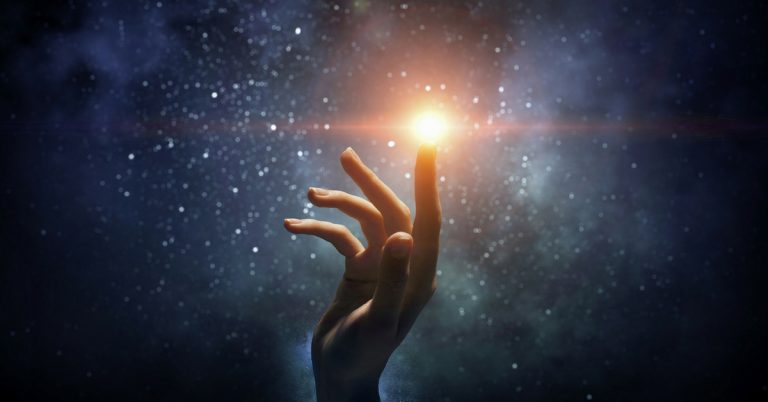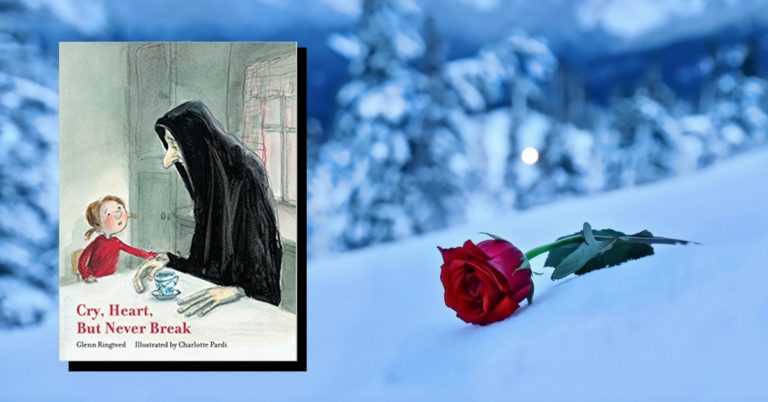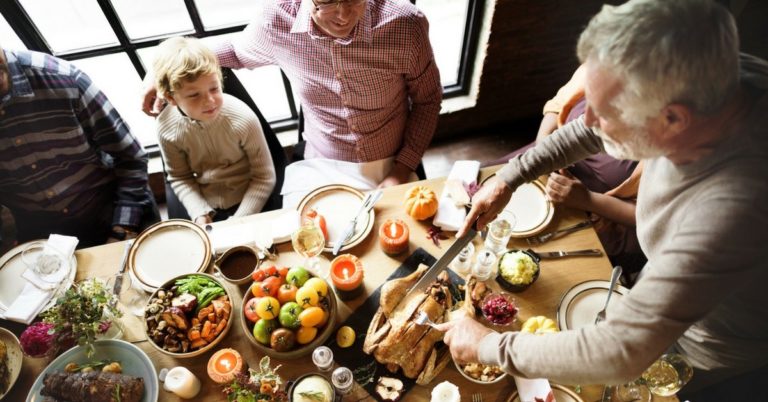Slaying the Green-Eyed Dragon: A Lesson in Jealousy
- Do you discuss problems in your relationship with friends or family instead of with your partner?
- Do you often find yourself feeling or acting judgmental towards your partner?
- Do you allow negative feelings—about your partner or relationship—to fester, and discover that they are ignited or further fueled by conversations with friends and family?
WHEN JEALOUSY IS IGNITED
Perhaps one of the most classic stories about secrecy and jealousy is that once penned by Shakespeare—the tragic tale of Othello. The play delves into the consequences of a closed communication within a relationship: hiding true feelings from one’s partner and instead discussing problems, concerns, and suspicions with other people who may not have your best interests—or your relationship’s best interests—at heart. Shakespeare’s play, as timeless today as it was when it was written in the early 1600’s, reveals a frightening scenario of what can ensue from marinating negative emotions—something that’s sadly all too common in our culture.
Othello, the protagonist of the play, is a black Moor and a General in the Venetian army who falls in love with the beautiful Caucasian Desdemona, an esteemed Senator’s daughter. Though they marry for love—and are both genuinely in love with one another—Othello can’t bring himself to truly believe in his good fortune. It seems he can’t believe and thus trust that Desdemona unconditionally loves him despite their cultural and social differences. Instead of sharing these emotions and thoughts with her, he instead marinates in his own insecurities. Worse, he confides in Iago—a man whom Othello considers a trustworthy friend, but who in fact has his own evil agenda to undermine the marriage due to his own jealousy at Othello’s success and the couple’s apparent happiness.
Iago proves to be greatly manipulative; as Othello opens up to him and shares his private insecurities, Iago fuels these insecurities and fears, ultimately convincing Othello that the lovely Desdemona has been an unfaithful wife. Othello, plagued by his fears, succumbs to jealousy; this jealousy, in turn, ignites such a rage in him that he actually murders his wife. Upon realizing—too late—Iago’s manipulative nature and lies, Othello then commits suicide.
While this may seem like an extreme example of how insecurity, jealousy, and clinging to grievances all fuel resentment in the most lethal way, it is an apt representation of how marinating in negative emotions leads only to a darker perception of—and reaction to—reality. Life is, after all, 5% what happens to us and 95% how we react to it. Othello’s tragedy exemplifies the importance of examining personal insecurities, fears, and projections, and trying first to resolve them within a relationship before turning to those who feed off of—and contribute to—the negativity.
“O! beware, my lord, of jealousy; It is the green-eyed monster which doth mock, the meat it feeds on.” –William Shakespeare, Othello
NOW
We are all human; we are each a living embodiment of light and shadow, of yin and yang. By looking objectively at ourselves and opening up to our partner about our journey, we move towards better and away from bitter. The NOW strategy reveals how Othello trapped himself in a downward spiral of toxic thoughts and feelings, allowing the negative influence of others to further chain him down…
- Notice… that Othello never asked the questions that he needed to directly ask his wife. He had nothing to lose—and everything to gain—if he’d approached Desdemona to talk to her about his fears and concerns from the very beginning. With open communication and mutual trust, they could have worked to forge an unbreakable bond that would ensure their lifelong commitment, love, and joy together. Even if (despite being driven by his doubts, fueled by Iago), Othello had thought to confront his wife at the last moment in a calm and reasonable manner, he would have given her a chance to open his eyes to the truth.
- Opportunities… were plentiful for Othello to see that he was clearly projecting his own insecurities on Desdemona; he did not see her as a unique woman and his worthy partner in whom he could confide—instead, she was the mirror for his deep-seated fears. Had he allowed himself to step back and examine more clearly his own feelings and the cause of those feelings, Othello would have given himself the opportunity to question his thoughts and reactions before reaching the point of no return.
- Within… The biggest journey and battle Othello would have ever taken in his life—a famed Venetian General (and actually one of the first black heroes in English literature)—would be the journey of self-discovery. Such an exploration always begins within oneself. He could have discovered and deciphered the venomous stories he told himself and would then be able to choose to be better instead of bitter.
“Jealousy—tormenting yourself, for fear you should be tormented by another.” –Paul Chatfield
THE PATH TO MINDFULNESS
Relationships can truly make or break us—but their power to influence us is at whatever degree we give them; it depends on us. Through relationships, we have the power to grow and improve alongside our partner. The best relationships, indeed, are those that make you say “he/she makes me want to be a better person”—and ideally the feeling is mutual. It’s a journey you embark on together. It’s something you must work on daily, providing compassion for both yourself and your partner, exposing yourself and becoming vulnerable to true intimacy. It’s the only way to fully live.
Unlike Othello, it is best if you realize it sooner rather than later.
In my years as a psychotherapist, I’ve seen countless people turn away from their partner and seek, instead, the solace of friends and family, when their first choice should have been their partner. Too often, the problem escalates just because well-meaning people fuel the flames of fears and insecurities; these friends or family members may even have the best intentions, but they give bad advice just because they can’t imagine that that their loved one might be telling them only half of the story: their perception of the story, biased by grudges or insecurities.
I remember one couple that was undergoing therapy to overcome their toxic feelings towards each other, and I called out the husband because he clearly believed that he played no part in their destructive dance. My approach was to use humor to soften the blow; I turned and asked him: “You think you’re a cupcake, don’t you?” He laughed at the metaphor but I noted that it did hit home; from that day, he began tackling the very difficult task of examining the part that he played in their mutual grudge story, and then at last accepting accountability for his own actions. Years later after the therapy’s successful completion, I happened to run into him again; he told me that when his female neighbor had once visited and tried to complain about all her husband’s shortcomings, my former client told her to come back when she knew she was not a cupcake.
It’s remarkably easy to begin a destructive dance within a relationship. Mindfulness can prevent this by providing the self-awareness and focus needed to ground oneself—and therefore the ability to assess a situation and calmly respond. It provides these tools to change the dance steps. It enables responses, not reactions. Sometimes all it takes is sitting out the dance, learning to watch, and becoming curious about how it proceeds.
You can change your steps once you mind the music.
“It is also good to love: because love is difficult. For one human being to love another human being: that is perhaps the most difficult task that has been entrusted to us … loving does not at first mean merging, surrendering, and uniting with another person (for what would a union be of two people who are unclarified, unfinished, and still incoherent?); it is a high inducement for the individual to ripen, to become something in himself … for the sake of another person.” –Rainer Maria Rilke
PRACTICE
In healthy and happy relationships, the rights of the individual are inexpiably tied to the family; members are able to be close yet separate. That is a dance which we work to perfect all our lives. The maxim, “Love one another as thyself” is a natural, guiding principle in successful relationships.
Do you love yourself? Othello’s insecurities, self-doubt, and self-loathing inevitably ate him alive. Learning to change your inner narrative is a challenging process, but the rewards are invaluable as you learn to live and act from a source of love instead of anger and fear. Through mindfulness practice, you learn to shine your inner light onto the world, casting it gently and without judgment.
When your partner hurts or angers you, use mindfulness to bring compassion to your partner by stepping back and watching how the dance between both of you unfolded. Seek to understand why your partner uses destructive steps and how you follow. Recall times that you might have done or said something similar and begin to see your partner and yourself as flawed human beings. As you soften your thoughts you will notice a shifting away from thinking of the other person as villain and you as victim.
- Step back.
- Seek to understand the pattern of the dance.
- Recall times you have also mis-stepped; you, too, are beautifully flawed.
- De-vilify your partner and de-victimize yourself; soften your thoughts by watching the dance objectively.
- Choose a difference step; begin a different dance.
You will be better able to see the part you play in a negative dance and move in the direction of love and healing. A famous family therapist and researcher, Dr. Sue Johnson, notes that couples begin to change when they soften towards one another. Remember that healing your relationship begins by healing yourself; healing yourself is done by adjusting your perspective and mentality.
“The door to the human heart can be opened only from the inside.” –Spanish Proverb
How do couples keep the flames alive and glowing without burning out? How can you remain the best of lovers and the best of friends? Find out in Friendship On Fire.







